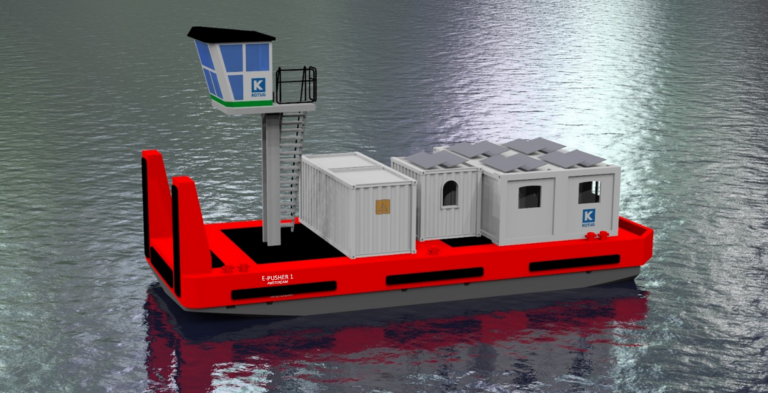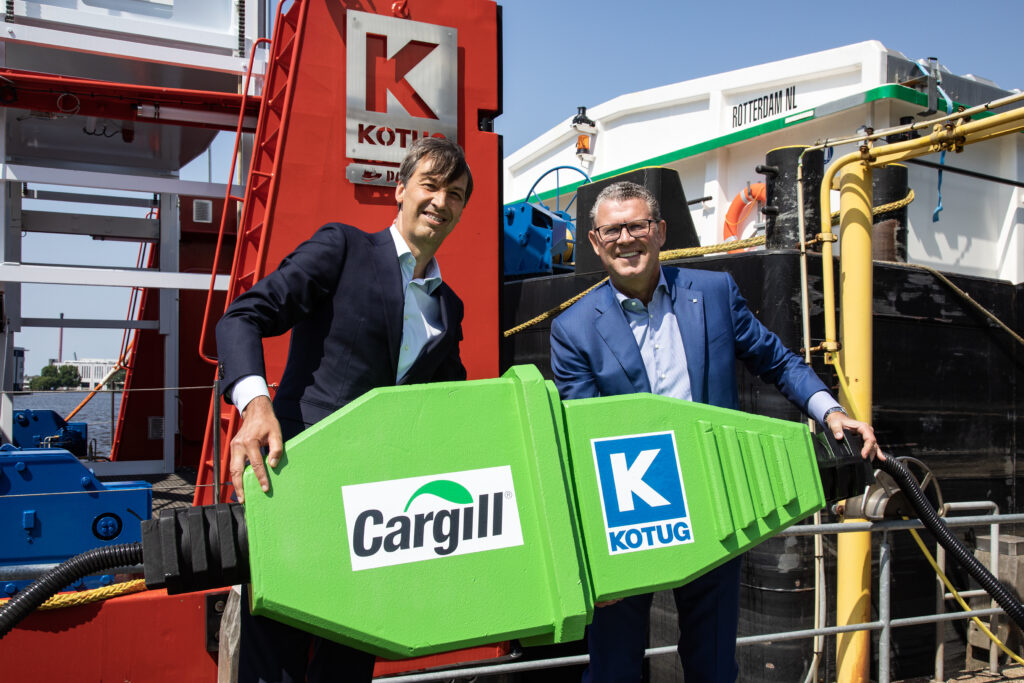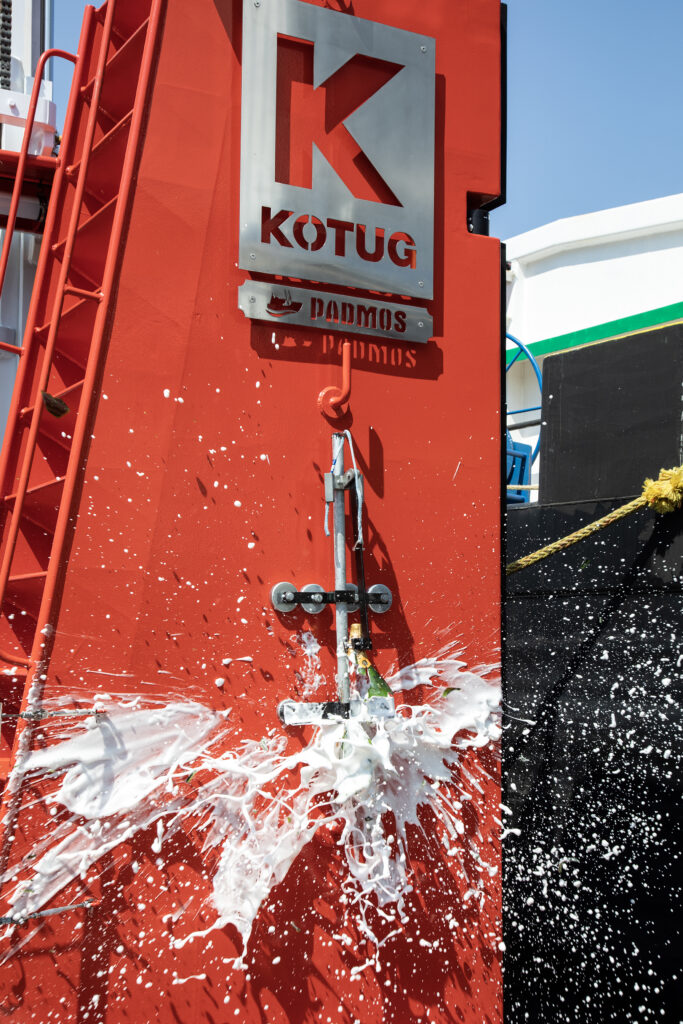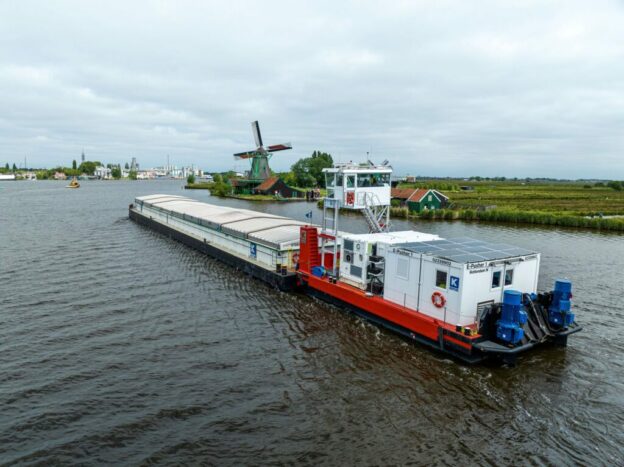Inspenet, June 13, 2023
Cargill partnered with Kotug International to deploy Kotug’s zero-emission E-Pusher™ and E-Barges, the world’s first all-electric tugboat and barge to transport cocoa beans from the Port of Amsterdam, the world’s largest cocoa import port, to the Cargill’s cocoa factory in Zaandam, the Netherlands.

Tugboats and barges are essential and efficient methods of delivering goods by water from Dutch ports to the Netherlands. Cargill became the first company in the world to put fully electrified barges and tugs into operation for transportation, eliminating both emissions and noise pollution.

Cargill and Kotug lead the way towards decarbonising shipping
The E-Pusher 1 was named after maritime tradition by Marieke Taal, Cargill’s operations manager, representing the next generation. It marked the official start of vessel operations for Cargill, on which Kotug will operate the E-Pusher and zero emission E-Barges.

Equipped with state-of-the-art technology and state-of-the-art propulsion systems, the zero-emission ship eliminates harmful emissions, including carbon dioxide (CO 2 ), oxides of sulfur (SOx), oxides of nitrogen (NOx) and the particles (PM). Fully electric tugs and barges are expected to reduce CO 2 emissions by 190,000 kg per year, the equivalent of 15,000 one-way trips of the same distance by truck. The ships will be powered by green energy from the wind farm that Cargill and Vattenfall operate in partnership with Windpark Hanze.
Source and photos : KOTUG
Don’t miss the Inspenet News at: https://inspenet.com/en/inspenet-tv/

